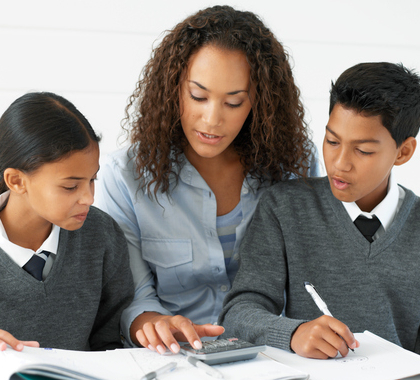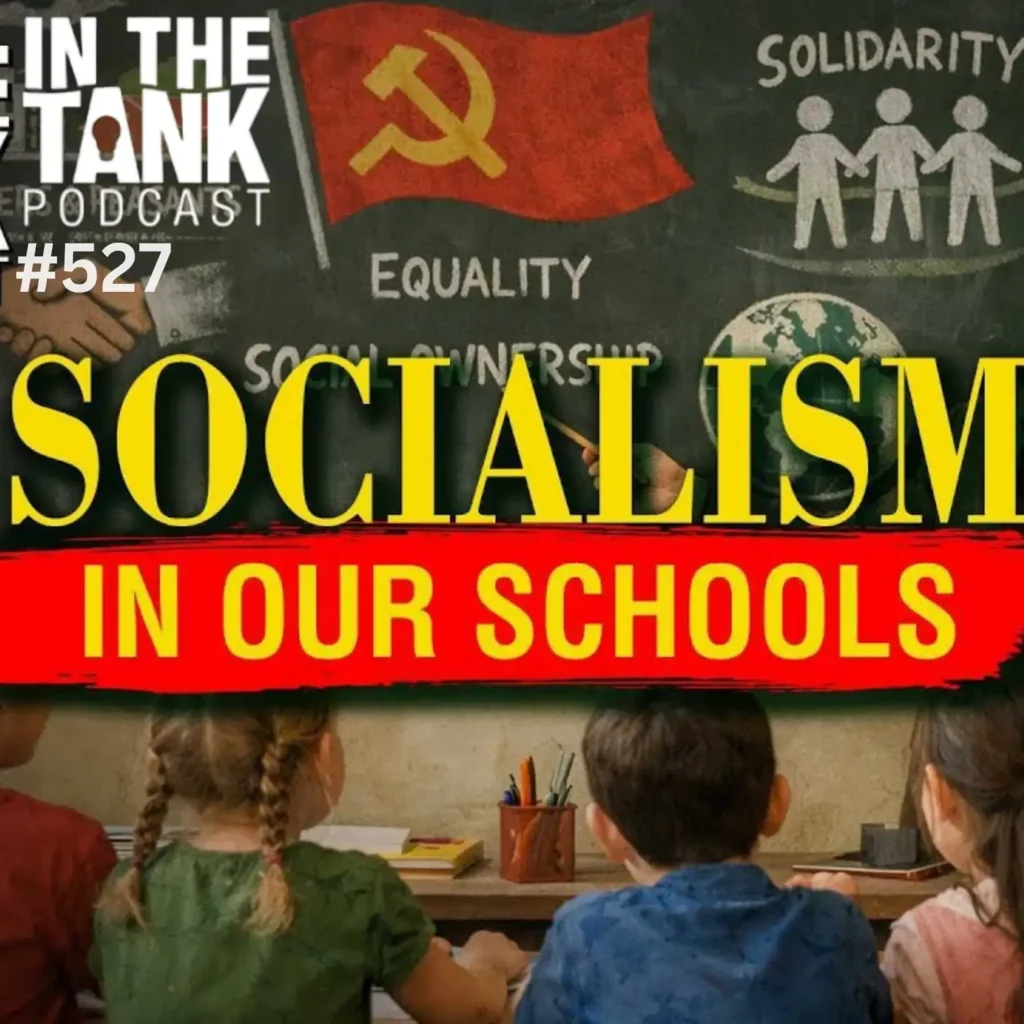A new survey from the Hobby School of Public Affairs at the University of Houston and Texas Southern University finds 69 percent of Texans support the adoption of a universal education savings account (ESA) program in the Lone Star State.
The Texas Trends 2024 survey of 2,300 Texans, released in late July, found 74 percent support for a universal ESA from Republicans, 73 percent from independents, and 61 percent from Democrats. The report also found 73 percent support for the program from black Texans, 72 percent support from Hispanic Texans, 77 percent support from low-income Texans, 77 percent support from Millennials, and 74 percent support from Gen Z.
When asked about support for a similar school voucher program for the Texas Trends 2023 survey, support was only 49 percent.
“There is across-the-board support, not only across racial and partisan lines, but among urban, suburban and rural voters,” Jim Granato, dean and professor at the Hobby School, said in an accompanying press release. “Rural residents, and the legislators who represent them, have traditionally joined with urban Democrats to oppose voucher proposals, but we found 63% of respondents in rural and semi-rural areas support vouchers open to all families, along with 64% of suburban residents and 67% of urban residents. I think the major takeaway is that we are seeing an ongoing shift in attitudes about these programs.”
Further polling on this issue in Texas from EdChoice’s “Public Opinion Tracker,” last updated on July 9, mirrors the Texas Trends survey with 67 percent of all Texas adults and 72 of parents with school-aged children in favor of ESA programs.
Copious empirical research on school choice programs such as ESAs makes clear these programs offer families improved access to high-quality schools that meet their children’s unique needs and circumstances, and that these programs improve academic performance and attainment and deliver a quality education at lower cost than traditional public schools.
Additionally, education choice benefits public school students and taxpayers by increasing competition, decreasing segregation, and improving civic values and practices. Research also shows students at private schools are less likely than their public school peers to experience problems such as alcohol abuse, bullying, drug use, fighting, gang activity, racial tension, theft, vandalism, and weapon-based threats. There is also a strong causal link suggesting private school choice programs improve the mental health of participating students.
Further, Texas public schools are habitually failing the state’s children. In 2022, only 38 percent of public school fourth-graders and 24 percent of eighth-graders tested “proficient” to grade level in mathematics on the National Assessment of Educational Progress (NAEP) examination, colloquially known as the “Nation’s Report Card.” Just 30 percent of fourth-graders and 23 percent of eighth-graders tested “proficient” in reading. Essentially, and embarrassingly, the state’s public schools are failing to educate roughly seven out of 10 Texas children to grade-level proficiency in reading and math.
It is probably these dismal results, and also because teacher unions have repeatedly played politics with school closings during the COVID-19 pandemic in direct conflict with students’ best interests, that education choice programs like ESAs are more popular with parents than ever before.
The goal of public education in Texas today and in the years to come should be to allow all parents to choose which schools their children attend, require every school to compete for every student who walks through its doors, and make sure every child has the opportunity to attend a quality school that best fits their unique needs and circumstances. There has not been a time when providing these opportunities has been more urgent and needed than right now.
Unfortunately, the school choice wave is threatening to pass Texas by, and the Lone Star State now trails neighboring Arkansas, Louisiana, and Oklahoma, as well as Arizona, Florida, North Carolina, and a host of other states when it comes to providing education freedom to its residents. Texas placed 30th in the school choice rankings on The Heritage Foundation’s Education Freedom Report Card in 2023.
Simply put, states with robust and expansive school choice programs will be more attractive to families who have the ability to migrate to the state of their choosing. How many will decide against moving to Texas because it doesn’t offer their children the opportunity to attend the school that best suits their educational needs? Legislators should recognize this and enact ESAs, allowing all current and future Texans as many options as possible to get their children the education they need and deserve.
The following documents provide more information about education savings accounts and education choice.
Fiscal Effects of School Choice
https://www.edchoice.org/wp-content/uploads/2021/11/Fiscal-Effects-of-School-Choice-Condensed.pdf
This EdChoice analysis of 40 private educational choice programs in 19 states plus D.C. summarizes the facts and evidence on the fiscal effects of educational choice programs across the United States and finds they have provided up to $28.3 billion in net fiscal savings to state and local taxpayers through Fiscal Year 2018. The programs in the analysis include three education savings accounts programs (ESAs), 19 school voucher programs, and 18 tax-credit scholarship programs.
The 123s of School Choice (2024 Edition)
https://www.edchoice.org/wp-content/uploads/2024/06/2024-123s-of-School-Choice.pdf
This report from EdChoice is an in-depth review of the available research on private school choice programs in America. Areas of study include: private school choice program participant test scores, program participant attainment, parent satisfaction, public school students’ test scores, civic values and practices, racial/ethnic integration and fiscal effects.
The Public Benefit of Private Schooling: Test Scores Rise When There Is More of It
https://object.cato.org/sites/cato.org/files/pubs/pdf/pa830.pdf
This Policy Analysis from the Cato Institute examines the effect increased access to private schooling has had on international student test scores in 52 countries. The Cato researchers found that a 1 percentage point increase in the share of private school enrollment would lead to moderate increases in students’ math, reading, and science achievement.
The Effects of School Choice on Mental Health
https://papers.ssrn.com/sol3/papers.cfm?abstract_id=3272550
This study from Corey DeAngelis at the Cato Institute and Angela K. Dills of Western Carolina University empirically examines the relationship between school choice and mental health. It finds that states adopting broad-based voucher programs and charter schools witness declines in adolescent suicides and suggests that private schooling reduces the number of times individuals are seen for mental health issues.
Economic Effects of a Universal ESA Program in Texas
https://www.texaspolicy.com/wp-content/uploads/2018/08/2017-03-PP09-EconomicEffectsofESA-CEdF-VanceGinnMartyLueken.pdf
This report from the Texas Public Policy Foundation argues expanding school choice in the Lone Star State will improve the quality of education for Texas children, lead to higher property values, and spur job creation.
Nothing in this Research & Commentary is intended to influence the passage of legislation, and it does not necessarily represent the views of The Heartland Institute. For further information on this subject, visit School Reform News, The Heartland Institute’s website, and PolicyBot, Heartland’s free online research database.
The Heartland Institute can send an expert to your state to testify or brief your caucus; host an event in your state; or send you further information on a topic. Please don’t hesitate to contact us if we can be of assistance! If you have any questions or comments, contact Heartland’s government relations department, at [email protected] or 312/377-4000.





